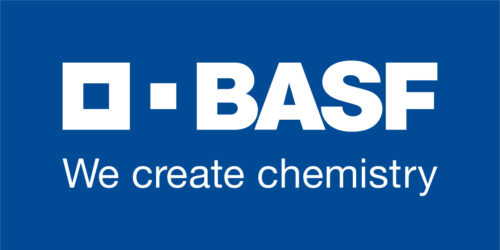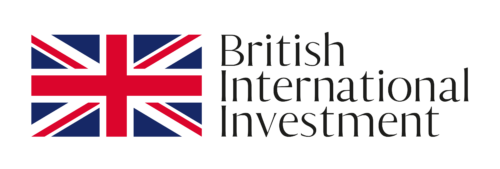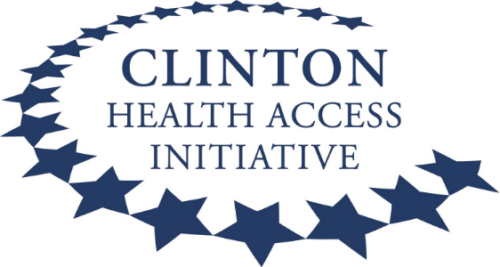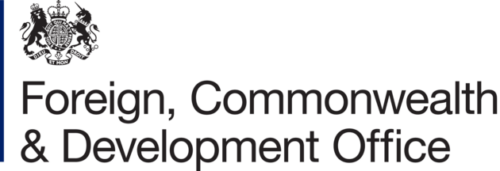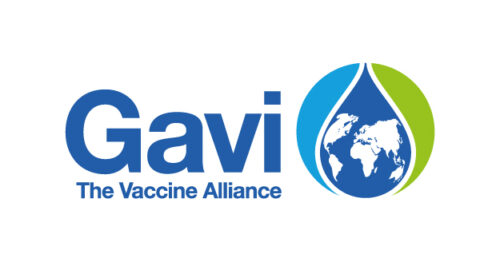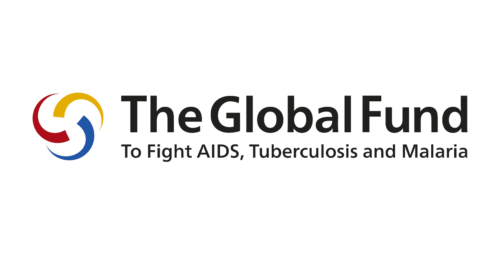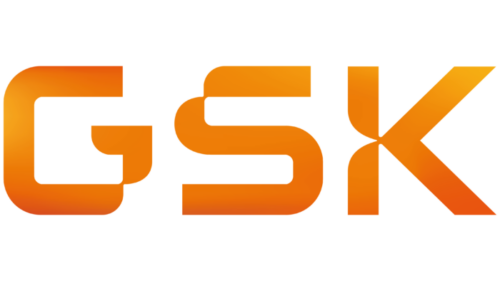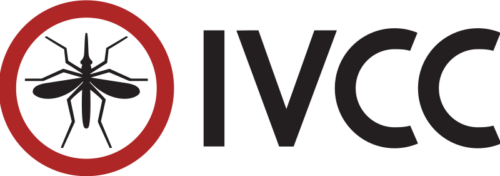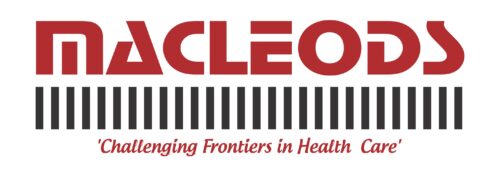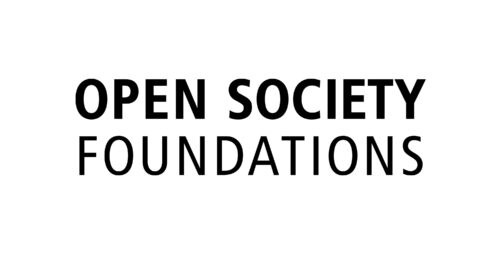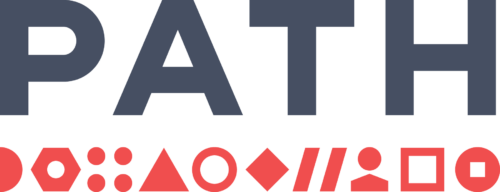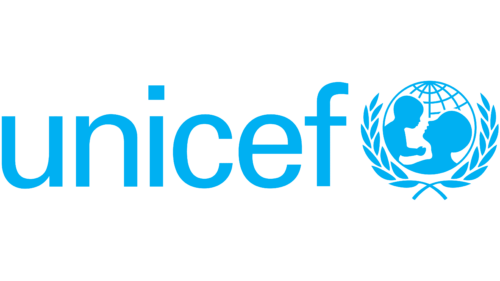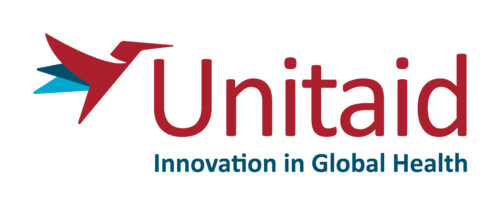What is market shaping?
Market shaping is the act of influencing and constructing markets to improve their ability to make products widely accessible to patients who could benefit from them.
There are a number of different market shaping tools that have been developed over time. This includes initiatives like pooled procurement and tools like volume guarantees.
Both help introduce new products into parts of the world where they may have never existed before, securing better prices and broader supply.
We believe market shaping has the potential to reach hundreds of millions more people, bringing life-saving innovations to every corner of the world.
"We believe market shaping has the potential to reach hundreds of millions more people, bringing life-saving innovations to every corner of the world."
Hema Srinivasan, Senior Advisor to MedAccess
Why do healthcare markets need to be shaped?
Healthcare markets in low- and middle-income countries are often unpredictable and inefficient. Companies view these markets as risky, making them wary of investing in developing or manufacturing products for them.
Without the incentives provided by market shaping interventions, companies may decide not to register a product in a country, allocate limited supply, or charge higher prices. This often leads to companies charging higher prices in Africa than they do in Europe for the same product.
Ultimately, healthcare markets that don’t work make products unavailable and unaffordable for the people who need them. This leads to the human and economic cost of illness.
What does a healthy market look like?
In a healthy marker, products are available for patients when they need them at prices they can afford.
This means having a range of suppliers in the market providing sufficient volumes and competing to provide high quality products at the lowest sustainable price.
This requires clear visibility on demand and payments alongside a stable policy environment so that manufacturers can plan their investments.
Case study: Hologic
Our partnership with Hologic shaped the HIV viral load testing market in Africa. Before our guarantee, there were two suppliers in the market, but uptake was low. Countries found that, after the initial equipment purchase, they faced charges for a range of extras, including software updates and maintenance. As a result, dozens of machines fell out of use.
MedAccess provided Hologic with a volume guarantee in return for an agreement that the company would offer the first all-inclusive price for its viral load testing platform. Under the company’s Global Access Initiative, Hologic agreed to charge $12 per patient test, with all consumables, maintenance and software included.
Not only is the viral load testing market healthier, with 10 countries having at least two suppliers in their markets, but major procurers used Hologic’s price as the benchmark for future procurement rounds, meaning companies would need to at least match Hologic’s $12 ceiling price.
“MedAccess has been a true partner. Their volume guarantee enabled Hologic to take on a risk and enter the markets with a disruptive pricing model.”
Jesse Wambugu, Director, Global Access Initiative in Africa, Hologic

